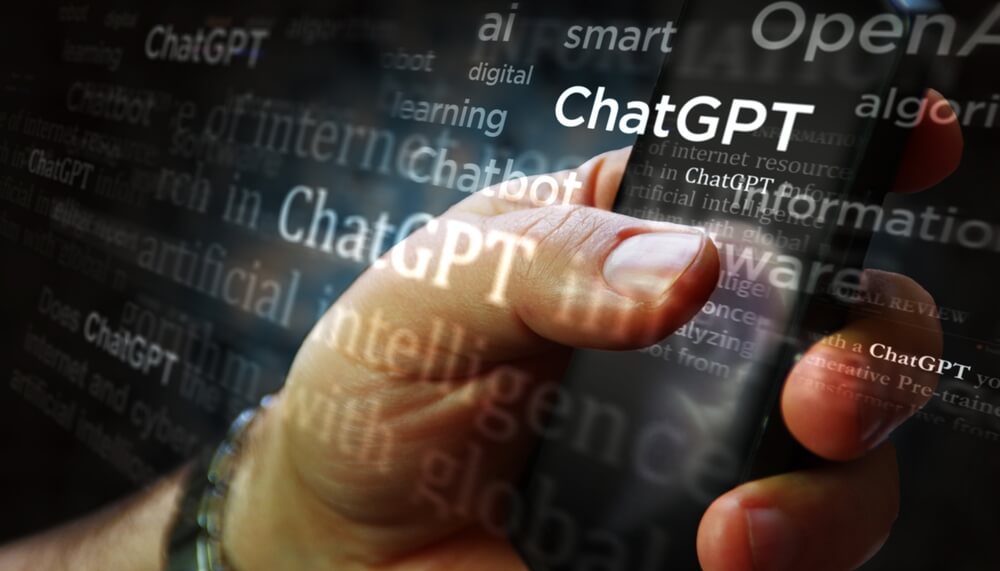This article is based on remarks the author made to the Association of European Journalists annual congress in Vlore, Albania, last week.
I am a journalist. That means, as it was once explained to me by Dan Raviv of CBS News, I try to find out what is going on and tell people. I know no better description than that of the work.
To my mind, there are two kinds of news stories: day-to-day stories and those that stay with us for a long time.
My long-term story has been energy. I started covering it in 1970, and, all these years later, it is still the big story.
Now, that story for me has been joined by another story of huge consequence to all of us, as energy has been since the 1970s. That story is artificial intelligence.
Leon Trotsky is believed to have said, “You may not be interested in war, but war is interested in you.” I say, “You may not be interested in AI, but AI is interested in you.”
Just as the Arab oil embargo of October 1973 upended everything, AI is set to upend everything going forward.
The first impact on journalism will be to truth. With pervasive disinformation, largely emanating from Russia, establishing the veracity of what we read — documents we review, emails we receive — will be harder. The provenance of information will become more difficult to establish.
Then, it is likely that there will be structural changes to our craft. Much of the more routine work will be done by AI — things like recording sports results and sifting through legal documents. And, if we aren’t careful, AI will be writing stories.
One of the many professors I have interviewed while reporting the AI story is Stuart Russell at the University of California, Berkeley, who said the first impact will be on “language in and language out.” That means journalism and writing in general, law and lawyering, and education. The written word is vulnerable to being annexed by AI.
The biggest impact on society is going to be on service jobs. The only safe place for employment may be artisan jobs — carpenters, plumbers, and electricians.
Already, fast-food chains are looking to eliminate order-takers and cashiers. People not needed, alas.
The AI industry — there is one, and it is growing exponentially —likes to look to automation and say, “But automation added jobs.”
Well, all the evidence is that AI will subtract jobs almost across the board. Think of all the people around the world who work in customer service. Most of that will be done in the future by AI.
When you call the bank, the insurance agency, or the department store, a polite non-person will be helping you. Probably, the help will be more efficient, but it will represent the elimination of all those human beings, often in other countries, who took your orders, checked on your account, helped you decide between options of service, and to whom you reported your problems or, as often, voiced your anger and disappointment.
The AI bot will cluck sympathetically and say something like, “I am sorry to hear that. I will help you if I can, but I must warn you that company policy doesn’t allow for refunds.”
On the upside, research — especially medical research — will be boosted as never before. One researcher told me a baby born today can expect to live to 120 — another big story.
As journalists, we are going to have to continue to find out what is going on and tell people. But we will also have to find new ways of watermarking the truth. Leica, for instance, has come out with a camera that it says can authenticate the place and time a photo was taken.
We are going to have to find new outlets for our work where people will know that it was written and reported by a human being, one of us, not an algorithm.
Journalists are criticized constantly for our failings, for allegedly being left or right politically, for ignoring or overstating, but when war breaks out, we become heroes.
I salute those brave colleagues reporting from Gaza and Ukraine. They are doing the vital work of finding out what is going on and telling us. Seventeen have been killed in Ukraine and 34 in Gaza. They are the noble of our trade.

 Follow
Follow
Artificial intelligence is going to save the newspaper industry. You won’t be able to trust the internet for information. The only way you will be able to trust what you read will be to hold it in your hand and know who printed it.